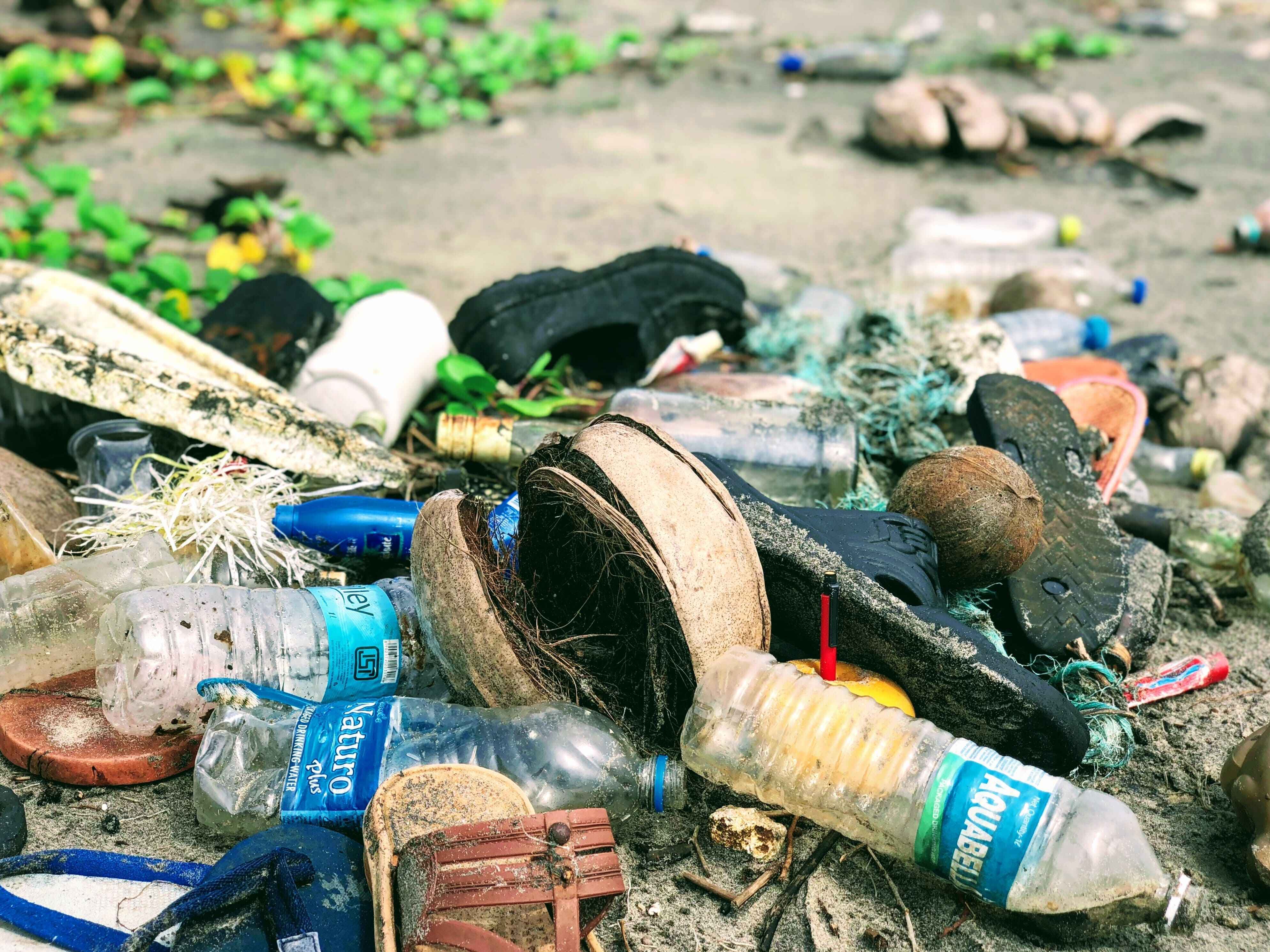
In a country like India, where globalisation is increasing, Solid Waste Management (SWM) has posed a significant threat with more than 100,000 metric tonnes of waste generated daily. By definition, SWM includes collecting, segregating, transporting, processing, and disposing of waste. India’s solid waste collection efficiency is around 22% to 60% today, as per India Water Portal. Out of the total collection, about 12 million tonnes are treated, 31 million tonnes dumped in landfill sites. Since India’s current systems cannot handle this, most of the waste is left hanging within the ecosystem, harming ecology and health. Do Policies Exist? The Ministry of Environment, Forest and Climate Change issued Municipal Solid Waste (MSW) Rules 2016 to ensure effective waste management. Implementing these regulations and creating the necessary infrastructure for proper disposal of MSW are the responsibilities of the authorities. These rules are applicable to municipal areas, urban areas, towns, industrial townships, areas under Indian Railways, airports, special economic zones, places of pilgrimage, religious and historical importance, and government organisations. The 12th Schedule of the Indian Constitution states that ‘urban local bodies’ are responsible for the cleanliness of cities and towns. Unfortunately, most lack the necessary infrastructure, financial incentives, oversight from authorities, political will, and public awareness. Recent Initiatives? With the enactment of new rules, the ‘Swachh Bharat Mission’ (SBM) started a door-to-door collection of waste. The ‘Swacch Survekshan’ was launched under the SBM to give ratings to garbage-free cities and towns. The multi-media ‘Compost Banao, Compost Apnao Campaign’ was started to convince people to compost their kitchen waste so that it can be utilised as fertilizer and to cut down on the quantity of waste that is dumped in landfills. Additionally, SWM is a part of the National Mission on Sustainable Habitat 2010, which is one of the eight missions under the National Action Plan for Climate Change (NAPCC) and addresses sustainability problems related to habitats. Change Is Required! The SWM in India is in a bad state because the best methods are not being applied to improve them. Municipal authorities don’t have enough budgets to cover the expenses related to a proper waste collection, treatment, and disposal system. Innovation that could revolutionise waste management has been stifled by a lack of environmental awareness and no motivation. Waste management needs to be considered an essential service requiring sustainable financing. Waste must be segregated at the source to allow more efficient value extraction and recycling. Indore, the cleanest city in India six times a row, generates over 1,115 metric tonnes of garbage a day. All of it is collected from the source, and through the cooperative efforts of the people, 100% of its residential and commercial units have achieved waste segregation at source. Several organisations, NGOs, and MNCs are working towards a comprehensive approach to waste management in India in the future. Pimpri-Chinchwad Municipal Corporation has stated that if big housing societies have not constructed wet waste processing facilities, it will not collect “wet garbage” from them. Today, India relies on inadequate waste infrastructure, despite the government initiatives. When community awareness is built and people’s attitudes toward waste are changed, India will no longer suffer from poor waste management systems.
10 Oct 2022
Pushpangi Raina